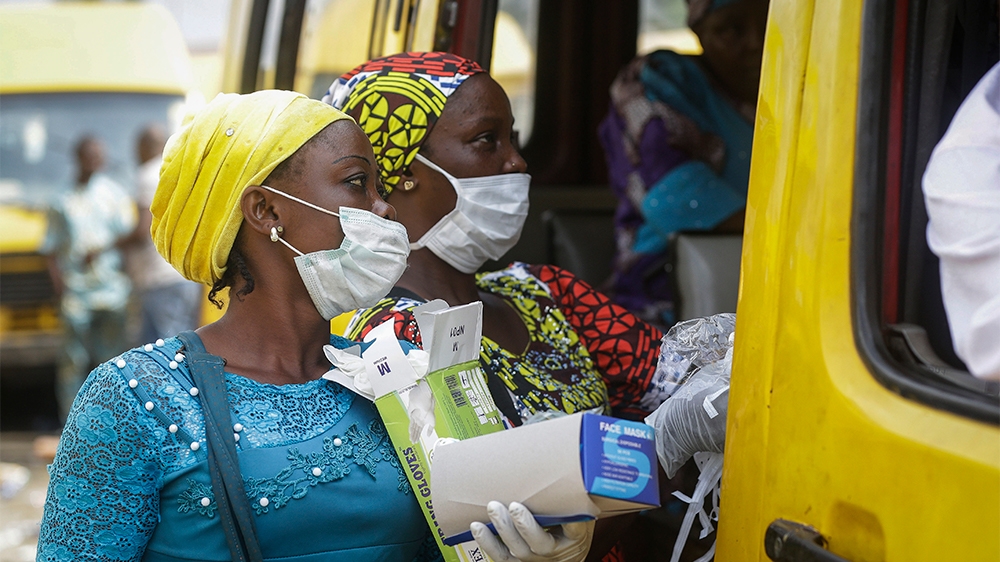No lessons learnt from COVID-19
There are no signs either that we are making the right preparations for the next possible pandemic

Several months since the Federal and all state governments in Nigeria gradually relaxed lockdowns imposed earlier this year because of the COVID-19 pandemic, there is as yet no reason to believe that we have learnt the right lessons from the traumatic event. There are no signs either that we are making the right preparations for the next possible pandemic, or at least an epidemic, much less a lockdown.
COVID-19 caught us napping. We can excuse ourselves because it caught most of the world, including the most developed countries, napping as well. Due to a combination of high level of illiteracy and poor-quality education even among those Nigerians who had been to school, our governments spent a great deal of time just to convince Nigerians that there is a pandemic and they need to take protective measures. Up until this moment when COVID-19 has killed hundreds of thousands of people across the world and infected millions, some Nigerians still live in denial. They refuse to take the most basic precautions to avoid being infected. Something must be done to improve the society’s overall level of education and combat infectious cynicism.
The second issue has to do with our health care system. For decades, Nigeria’s ruling elite allowed public hospitals to fall into severe disrepair through shortage of basic equipment and drugs. Health care workers’ training and welfare was treated with the utmost levity. Instead, the upper classes rushed to Europe and North America for all their health care needs. The middle classes also began their own medical tourism to Egypt, India, Dubai and South Africa while the ordinary citizen had to make do with increasingly rundown public health facilities.
When the pandemic hit, all except the richest and most powerful found themselves unable to go abroad for treatment. We thought that, coming out of the lockdown, we would see a rush of investment in health care services at all levels, from primary health care clinics to general hospitals, federal medical centres to university teaching hospitals. When COVID-19 first hit us in late February, some states had almost no functional respirators, for example. Except to the most foolish person and nations, every crisis is an opportunity. The biggest opportunity presented to Nigeria by COVID-19 is to end medical tourism to foreign lands.
Right here in Nigeria, we can establish some world-class hospitals that render medical tourism unnecessary even for the rich and powerful. Besides, our elite have never learnt the value of time in health care. The time needed to obtain visas and make travel plans often makes some medical conditions irreversible. Injuries from road accidents or gun shots, for example, can hardly wait for foreign treatment. Not just the possibility of another epidemic but even the state of roads and the insecurity in the country make it in the elite’s enlightened self interest to improve health care in the country.
In Abuja and in Lagos, there are a few high-quality private hospitals set up by local and foreign concerns. Government should aggressively court foreign medical chains to establish several more of these, so as to drastically reduce the need for foreign medical tourism.
The distribution, such as it was, of palliative items to poor citizens during the lockdown was a disaster, almost. As we saw during the EndSARS protests, people stormed every suspected palliative store, including the stores of innocent merchants, and looted them. Governments offered only poor excuses for keeping palliative items lying in stores long after the lockdowns had been relaxed. This should never happen again. Federal, state and local governments must draw up and regularly update their disaster response plans. They must work hard to defeat the belief now firmly implanted in citizens’ minds that government fat cats are so comfortable and corrupt that they do not care a hoot about the plight of the ordinary citizen.
